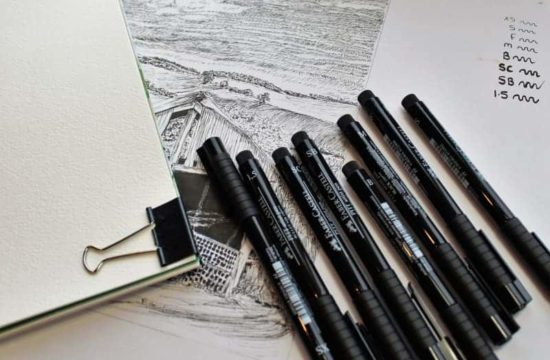Story of how one man’s obsession with quality changed the world
Ever wondered why 2 sets of nuts and bolts are interchangeable? Why the thread, size, length…everything of 2 similar machines is the same as one in a millionth of a centimeter? What would be the fate of the world without standardization?
All these questions trace back to one name, Joseph Whitworth. I was introduced to this name, in my engineering textbook during my 1st year. It described the Whitworth screw angle as a special angle that Whitworth used in one of his machines. But like every other student, I didn’t have any interest in looking into this man any further.
Joseph Whitworth was described by the famous BBC broadcaster Jeremy Clarkson, as the “man with the face of a baboon but the brain of an engineering god”. In fact, he was more than an engineering god. He won more prizes in the great exhibition of 1851 than any other person in entire Europe. He was considered the best engineer in the UK among Victorians.
What makes Whitworth different from other inventors or engineers at the time is that he was only obsessed with achieving one thing, ‘precision’. While other engineers were building larger and larger steam engines, Whitworth was shrinking himself into thinking smaller and smaller. He realized that most machines that powered England during the time were not efficient and neither optimized. Servicing these machines was especially tough since almost all the parts are custom-built. Whitworth understood that his fellow engineers didn’t have a good enough measuring device that would enable them to replicate what they had done before. So, Whitworth decided to build a machine with the objective that can measure 1 in a millionth of an inch. He imaginatively named his machine the ‘Millionth machine’.
It would be an understatement to state that the micrometer changed the world. It revolutionized the manufacturing industry by paving way for standardization. For the first time in the history of humankind, mass production of materials and machines commenced. This in turn decreased the cost of making products thus making them cheaper. People from every walk of society were able to afford mass-produced products.
“Man with a baboon face and the brain of an engineering God”
– Jeremy Clarkson
Because of Whitworth, and his fascination with precision, the world transformed itself. I would even argue that no other inventor has impacted human social life the way Whitworth did.
His machines have paved the way for the never-ending human pursuit of precision. We could now measure the size of a single electron and are making machines that could measure precision up to 1.3 part of 10 trillion (new scientist, 13 Oct 2022). This advancement in precise measuring could lead the way to new computing technologies including quantum computing. Thus the question that has to be answered now is – What would be the impact of that machine on our socio-economic life?
Joseph Whitworth died peacefully on 22 January 1887 in monte Carlo, Monaco.
– Rohith Krishnan, Batch 2024






